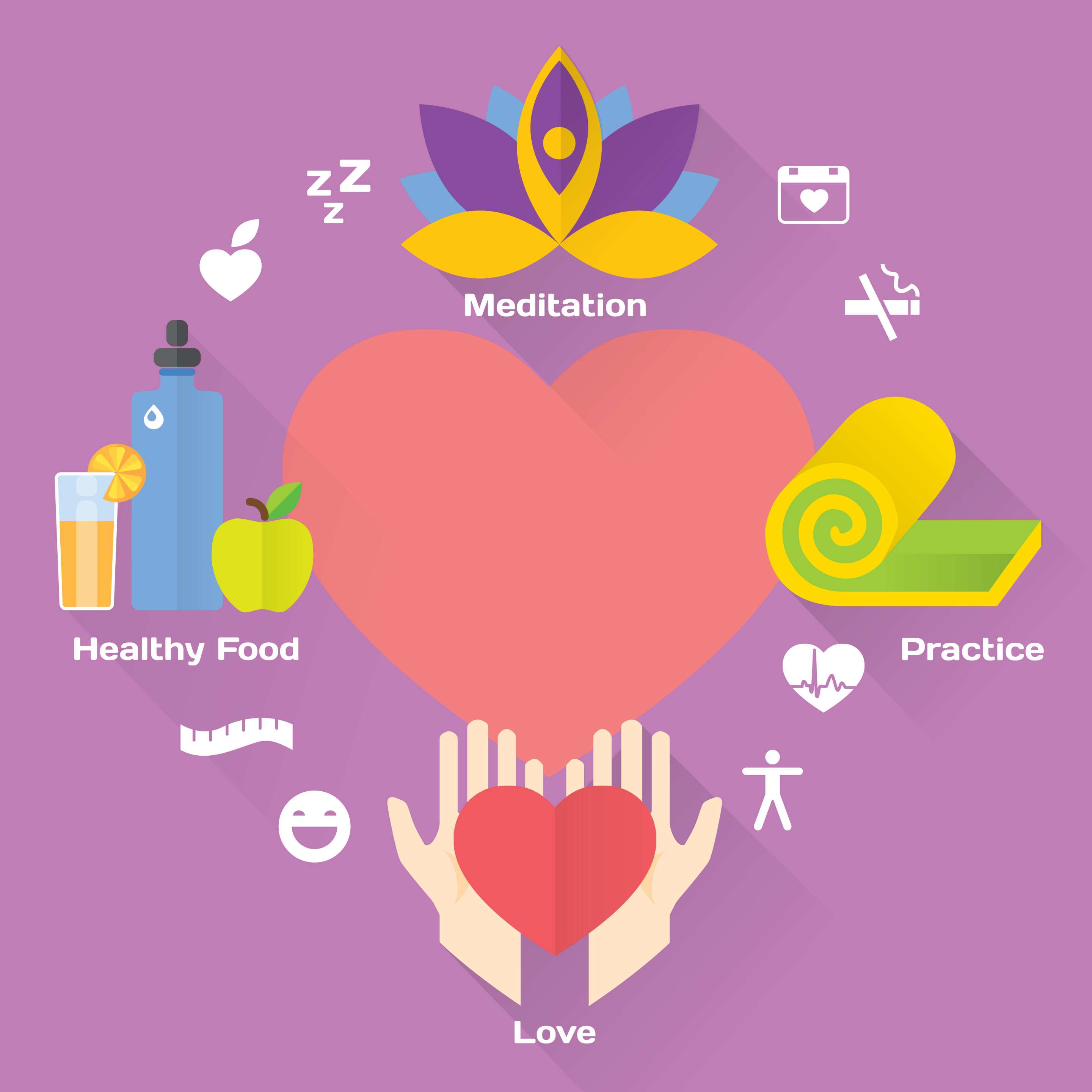Preventing heart attacks could be as simple as a text
A simple SMS could be lifesaving, writes University of Sydney Associate Professor Clara Chow.

When someone has a heart attack, we do everything we can to help them survive it. Yet the two words ‘‘I'm fine’’ are very concerning for a doctor to hear.
That’s because about four in five heart attack patients don’t realise they are at a much higher risk of having a second heart attack. Some people even say ‘‘I am fine, mine was only a small heart attack’’. But repeat heart attacks are more likely to be fatal and they cost more than the first.
The best chance to avoid a repeat heart attack is to optimise prevention, but many patients are not receiving the best preventative treatments after their first attack. About a third of the 55,000 Australians who present at hospitals each year with a heart attack are doing so for the second time.
The responsibility to deliver preventive medicine is falling between the cracks. In our fastmoving society, shorter hospital stays are more common, patients return more quickly to work with less time to attend cardiac rehabilitation programs and less time to come to terms with the changes they need to make to their lives.
The outcome is patients are not receiving optimal preventive care, not making needed behavioural changes and not receiving recommended medications. Many of our public hospitals are overstretched in delivering frontline care and our GPs are under pressure with minimal resources coupled with a lack of community awareness and support.
The potential cost savings of prevention are massive. The annual direct healthcare costs of heart attacks run into the billions of dollars and the costs to the community in terms of lost productivity are much greater. While patients should also take responsibility for their care, the numerous pieces of information, treatments and advice they receive in hospital leave them confused and uncertain of what they need to do.
It is this gap in support, encouragement and education that our TEXT ME study addresses. This randomised clinical trial of 710 patients led by researchers at The George Institute and Westmead Hospital, and published in leading international medical journal JAMA, found that a simple text message support program was effective in reducing cholesterol, blood pressure and body mass index and improving physical activity and smoking cessation.
Some patients received a personalised program of text messages motivating, reminding and supporting them to make lifestyle changes. These patients were more than twice as likely to reach guideline targets in their risk factors.
More than 90 per cent of participants reported the program to be useful. The strengths of TEXT ME are the collective impact on those risk factors which are significant in a range of chronic health conditions, as well as the potential of a simple and low-cost mobile health strategy in addressing a large gap in Australian healthcare.
It needs further assessment in diverse settings and the long-term benefits also need to be examined, but potentially cost-saving innovations such as this need to be considered to address the increasing burden of heart disease found in an ageing population, obesity and diabetes in our communities.
All too often in medicine, we are led to believe the only breakthroughs will come from new blockbuster medicines, ground-breaking technologies or massive new spending. However, some of the most important things to do are often hiding in plain sight and relatively affordable. Nudges to do the simple things well can have a big impact on our major killers. Packaging them up in new approaches, such as texting, offer a lot of unrealised potential.
Clara Chow is the director of the cardiovascular division at The George Institute for Global Health, University of Sydney, and cardiologist and associate professor at Westmead Hospital.
This editorial was originally published in The Sydney Morning Herald.
Related articles
Surge in flu this winter
People suffering severe flu this winter should seek medical treatment as soon as possible.

Dementia tsunami: Alzheimer's and other dementias to triple by 2050
Governments need to take action on delaying the onset of Alzheimer's disease and other dementias, argues Associate Professor Lesley Russell.
Ready, set, Rio: Sydney cohort heads to the Games
As more than 3.5 billion people around the world turn their sights towards Rio this week, 30 athletes from our community are getting ready to take their place on the globe’s biggest sporting stage.
Australian study wants your view on personal genomic testing
Do you want to know about your genetic information? Would you share it?
Maternity care for Aboriginal women
A new maternity services plan for Aboriginal and Torres Strait Islander women in rural and remote communities is urgently required, a report has found.
World-beaters join Brain and Mind Centre to defeat dementia
Three world-leading neuroscience scholars are joining the University of Sydney’s Brain and Mind Centre to progress research-led treatments for dementia and other neuro-degenerative diseases affecting human memory and thinking.
Study explains elastin's remarkable movements
New research likens the flexibility of elastin in a blood vessel to the dynamics of a ballet.
